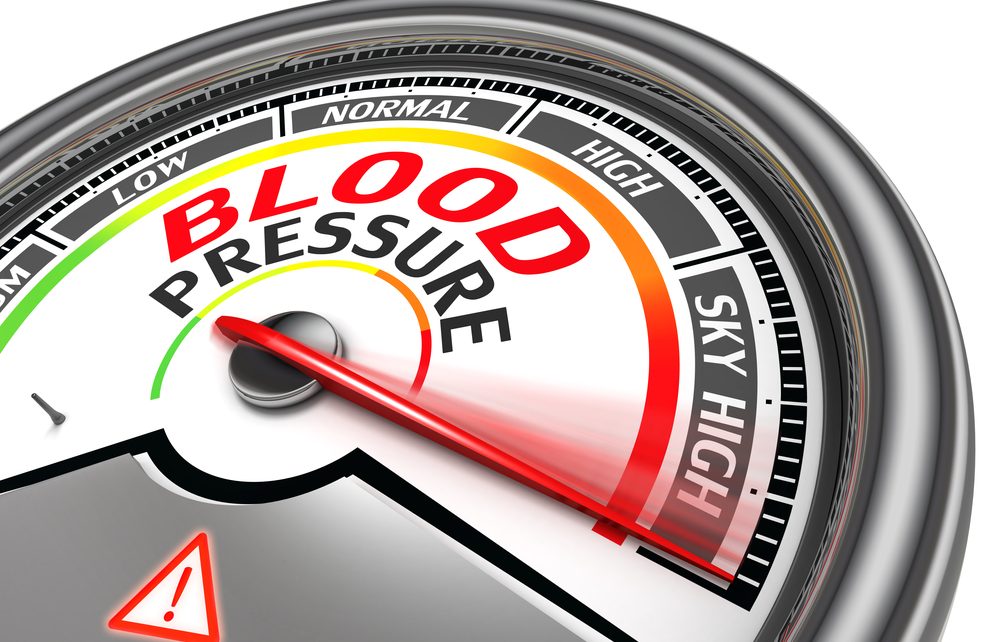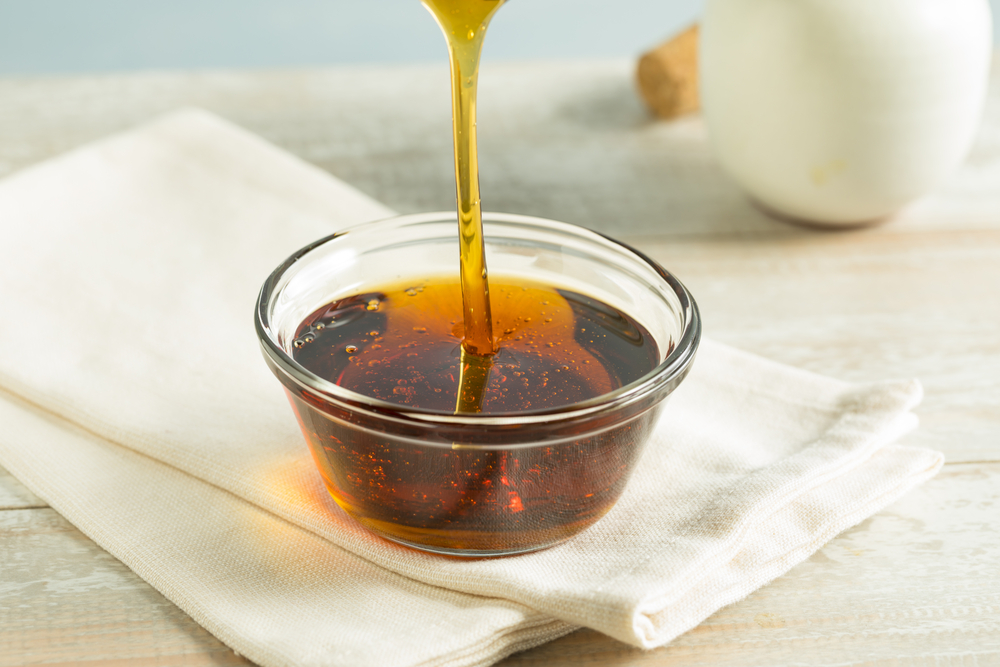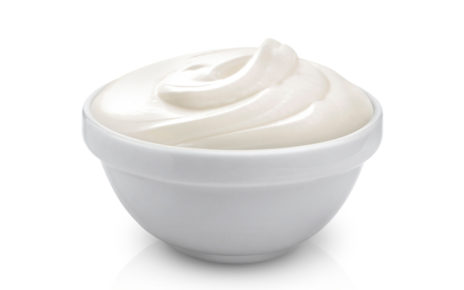Keto And High Blood Pressure Explained
The keto diet is one of the most popular diets in recent years. It has been shown to be beneficial for people with high blood pressure, but there are some precautions that you need to take if you already have high blood pressure. This blog post will explore how keto can help with high blood pressure and what foods or drinks should be avoided while on keto. We’ll also discuss what benefits keto offers and any lifestyle changes that might need to happen when starting keto!
How Can The Keto Diet Benefit People With High Blood Pressure?
Following any sort of low carb diet or exercising dietary carbohydrate restriction possesses numerous benefits, but it can help improve both systolic and diastolic blood pressure readings in those that are hypertensive. The ketogenic diet is a low carbohydrate, moderate protein, and high-fat diet which helps the body to burn stored fat as its main source of fuel instead of glucose. When your body switches from burning glucose to burning body fat, this can help lower blood sugar levels and insulin resistance.
Reduces Fluid Volume
A ketogenic diet has been shown to be beneficial for lowering blood pressure. This is because a keto diet will put your body into ketosis, which can help reduce insulin levels in the bloodstream. In turn, this means that there is less glucose available from food sources for energy production, meaning that cells need to switch to fat as their primary source of fuel instead of sugar!
When this happens, a change occurs in fluid volume. You see, as carbs exit the body, they remove large amounts of water as well. The name actually says it all, as carbohydrate literally means “hydrated carb” since it is stored in the body along with water. As ketones become our primary energy source, this reduces how much fluid we store and can help reduce blood pressure!
Weight Loss
Weight loss by itself corresponds to improved blood pressure management, as a result of reduced load on the heart. Think about it- if you are obese, the body generally requires more nutrients and oxygen, which causes the heart to work harder, thus increasing blood pressure.
By losing weight and reducing your total body volume, you reduce how hard your cardiovascular system has to work!
Improved Cholesterol Management
Also, keto is great for cholesterol management- keto can help improve levels of triglycerides (fat in our bloodstream), lower LDL or bad cholesterol while at the same time improving HDL or good cholesterol by removing sugar from their diet which was stored as fat previously! This makes ketogenic diets very beneficial for people who are trying to manage high blood pressure with food since it helps create a healthier lifestyle overall. It’s worth mentioning that ketosis isn’t limited just to low carb/high protein diets but also works well if carbs are reduced AND fat intake increased- this combination proved to be more effective in lowering blood pressure than a ketogenic diet alone!
Not only that, but triglyceride levels dropped by 50% and LDL cholesterol decreased by 30%. So as you can see, the keto diet is a great way to manage high blood pressure while still enjoying delicious foods!
Improves Insulin Sensitivity and Metabolic Syndrome
People with metabolic syndrome are at an increased risk for heart disease, stroke, and diabetes. This occurs when the body has a cluster of conditions including high blood pressure, high blood sugar, excess body fat around the waist, and abnormal cholesterol levels.
A ketogenic diet has been shown to improve insulin sensitivity as well as reduce the number of people that meet the criteria for metabolic syndrome. Furthermore, research shows that ketosis can improve the body’s ability to use insulin which decreases blood sugar levels and reduces your risk of developing diabetes in the first place.
Considerations To Make If You Have High Blood Pressure
Sodium Management
Sodium is inherently low in carbohydrate based foods, but they are in foods high in protein and fat. High sodium intake is deleterious for blood pressure management, so keto makes it easy to manage this. Note- ketogenic diets can cause a diuretic effect, which means you will need less sodium than normal due to your body losing it through the increased amount of water that comes out as ketones and ketosis occur!
To be safe just monitor how much salt is in your food and try not to exceed more than 1500 mg per day (that’s about one teaspoon) if you’re on an otherwise well balanced ketogenic diet. This might mean reducing the level of salt used when cooking or even opting for unsalted options at restaurants/fast food places to ensure that there isn’t too much sodium coming into your body from other sources.
Genetic Considerations
You might be trying your best to control your blood pressure, but genetics can still play a role! There are several genes that ketogenic diets may not be the best approach for if you’re considering this diet, it’s worth checking with your doctor to see what they think is best.
If keto isn’t right for you, there are so many other choices out there- paleo and vegetarian diets both have evidence of lowering blood pressure as well, which can help reach those same goals without ketosis so don’t be afraid to try something new instead!
Frequently Asked Questions
Is Atkins Suitable For Managing High Blood Pressure?
Atkins is a low carbohydrate diet that can be used to manage high blood pressure. It is not a ketogenic diet, but it does have some similarities. Like keto, Atkins eliminates processed sugars and replaces them with healthy fats and protein. This can help to lower blood pressure over time.
What is the Difference Between Keto and Atkins?
The main difference between keto and low carbohydrate diets like Atkins, South Beach, or Paleo is that these low carbohydrate diets do not eliminate carbohydrates completely. These low carb diets focus on healthier carbs (typically low glycemic index) which include whole grains and starchy vegetables such as sweet potatoes.
Will The Keto Diet Make Me Lose Weight?
Some amount of weight loss occurs naturally when reducing carbohydrate intake. Weight loss may be more rapid compared to low fat diets, but the body tends to adapt and weight will plateau over time.
It is good to reduce your body weight and body fat percentage, especially if you have high blood pressure.
Can I Do The Keto Diet If My Blood Pressure Is Already Well Controlled?
The keto diet can be beneficial for many people with elevated blood pressures because it helps individuals to reduce their overall body weight and body fat by limiting carbohydrate intake in the diet. It might not be necessary to follow a strict ketogenic meal plan if your body has already adapted to low-carbohydrate eating patterns successfully.
However, reducing carbohydrate consumption is always recommended as an effective lifestyle change when trying to manage hypertension through food choices.
That being said, there are situations where more extreme dietary restrictions may be required such as children or patients who need multiple medications daily (this would make reaching appropriate levels
What If I Use Blood Pressure Medication?
If you are using blood pressure medication, it is important to consult with your doctor before starting a ketogenic diet. There are some cases where medications might need to be adjusted when starting the keto diet in order to maintain safe and effective blood pressure control. Remember that everyone’s body is different and will respond differently to dietary changes.
This is also to safeguard from you experiencing transient bouts of low blood pressure which can be dangerous.
Should I Use Exogenous Ketones If I Am Hypertensive?
No, you should not use these supplements if you have hypertension. This is because many of these ketone salts are bound to sodium and could add excess sodium to your diet. This could elevate blood pressure and is not recommended for people with hypertension.
Is The Keto Diet Right For Everyone?
There are many factors that contribute to high blood pressure including body weight, age, family history of hypertension, or pre-existing medical conditions such as kidney disease. If you have any of these risk factors, it is important to speak with your doctor before starting a ketogenic diet.
What Foods To Avoid On The Diet?
There are a few foods that you should avoid while following keto if you have high blood pressure:
– processed foods: these tend to be high in salt and sugar, which can raise blood pressure levels
– sugary drinks: including soda, juice, sports drinks, etc. These drinks are loaded with sugar and can cause your blood pressure to spike
– alcohol: excessive drinking can lead to hypertension and other health problems
– caffeine: too much caffeine can also increase blood pressure levels
-any other food with high sodium content, such as canned soups and vegetables
Foods To Eat on Keto If You Have High Blood Pressure
– plenty of healthy fats: including olive oil, avocado, coconut oil, etc. Healthy fats help reduce inflammation and improve heart health, both of which are important for people with high blood pressure
– lots of fresh vegetables: including leafy green vegetables, broccoli, cauliflower, etc. Vegetables are packed with antioxidants and fiber to improve heart health
– healthy proteins: including lean meats, fish, eggs, nuts/seeds, etc. Protein helps build muscle mass which is important for blood pressure control
– quality supplements if you aren’t getting enough nutrients through your diet
Key Points:
- Decreased systolic blood pressure
- Decreased blood lipids
- Decreased cellular adhesion markers
- Decreased load on kidneys
- Decreased cardiovascular risk factors
- Decreased obesity
- Improved heart health
- Improved systolic bp
- Improved familial hypercholesterolemia management
- Improved microvascular functions
Final Words
It should be clear that carbohydrate restricted diets have many health benefits, especially for people with high blood pressure, diabetes, and metabolic syndrome. While these diets may seem restrictive at first glance, there are many delicious foods that can be enjoyed while following them! Speak to your doctor before starting any new diet, including keto.



